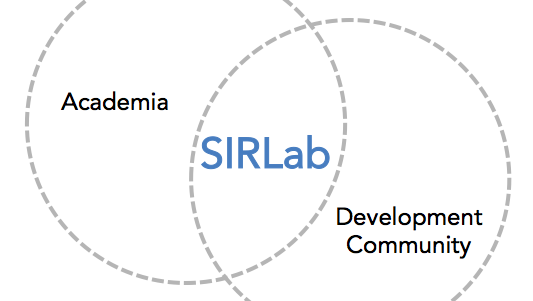Over the past decade, development organizations have increasingly begun to leverage the power of business in their fight against global poverty. Such initiatives include building supply chains between rural farmers and urban buyers, training members of rural communities to act as sales agents for socially-valuable products, and forming new income generating and savings groups as a means of building financial capital. While such initiatives have shown a great deal of promise, such a ‘shift’ in development thinking has created a whole new set of implementation challenges related to organizational structure, governance, and human capital development.
SIRLab’s overarching purpose is to bridge the gap between academia and the development community to help address these implementation challenges. This begins with forming research partnerships between development organizations and management scholars who are well versed in topics related to entrepreneurship, operations, and business strategy. SIRLab’s role is not simply to apply existing knowledge to the numerous practical problems faced by development organizations. Rather, we seek to focus on the practical problems that simultaneously represent the most important theoretical problems – problems for which no known solutions currently exist. Focusing on such problems ensures that the resulting insights are not only applicable to a single development organization in their scaling efforts, but also the many non-profit and for-profit organizations who experience similar challenges in their own activities.
Identifying solutions to such difficult problems requires a regimented research Process involving site visits, randomized field experimentation, and qualitative interviews. By undertaking projects in this manner, SIRLab strives to ensure that its Insights are both detailed and substantive.
